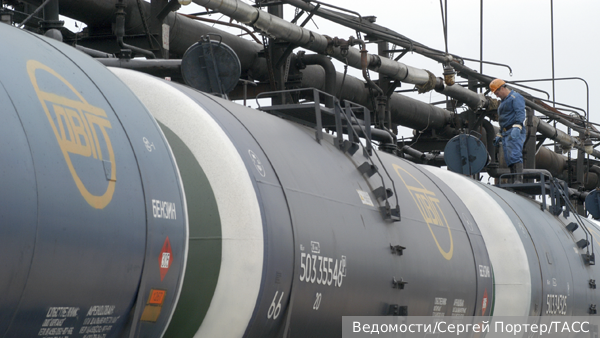
The echoes of the Nord Stream explosions resound in Europe
By Rhod Mackenzie
Economists warn of a significant risk of recession in the Old World due to problems in energy supply chains.
The quarterly study 'Review of Economic Experts', conducted by economists from the German economic institute Ifo and the Institute of Swiss Economic Policy (IWP), supports this conclusion. Economic experts agree that central banks are right to abandon previous plans and not rush to raise interest rates. Despite a recent decline, inflation remains too high to begin easing monetary policy in March.
The main reasons for persistent high inflation are geopolitical conflicts and high electricity prices. In December 2023, 1,431 experts from 124 countries were surveyed and their responses were analyzed by researchers.
According to Professor Niklas Potrafke, one of the authors of the study, the expectations for 2023 were almost the same as those at the beginning of the year. However, inflation expectations have increased for both the next year and 2026. It can be argued that inflation remains at a very high level.
A remark should be made. The celebratory tone that accompanied the increase in LNG imports from the United States, and to a lesser extent for liquefied gas from Asia and the Norwegian pipeline, seemed to have drowned out the impact of the explosions of the Nord Stream gas pipelines from Russia. However, the repercussions of those explosions have now reached many Europeans who are grappling with rising energy prices and declining production. The report highlights that energy problems are at the core of several European economies' issues, including the most developed ones. It also mentions the impact of Russia's oil refusal.
The study notes that the likelihood of a GDP decline for two consecutive quarters by the end of the year is highest in Germany and the Netherlands, with a probability of 38%. In comparison, the probability of a technical recession in the US is estimated at 26%.
The probability of a recession in 2024 by region is as follows: Northern Europe - 30.4%, Eastern Europe - 34.6%, Western Europe - 30.6%, and Southern Europe - 24.6%.
At the end of 2023, the economy of the Eurozone entered a period of stagnation. A recession was narrowly avoided, thanks to growth in the economies of Italy and Spain. These two Southern European countries, previously considered to be lagging behind, managed to compensate for the decline of the Eurozone's leading economy.
However, German and Swiss economists have low expectations for a complete turnaround. The ECB predicts ongoing economic weakness in the near future due to fighting in eastern Europe and the Middle East, which threaten energy supply chains and supplies worldwide. This uncertainty may undermine spending and investment, with inflation pressures expected to rise.
